A new report from the U.S. Department of Homeland Security highlights the fact that Google's Android platform accounts for the vast majority of mobile malware, warning government agencies that Android phones should have antivirus software installed as a precaution.
The new government report warns federal, state and local authorities about the dangers of security vulnerabilities. The report notes that 44 percent of Android users are still running an outdated version of the operating system known as "Gingerbread," which includes a number of security issues.
The data cited by Homeland Security is based on 2012 malware statistics published earlier this year by F-Secure, which revealed that Android is responsible for 79 percent of mobile malware. That same report was cited by Phil Schiller, Apple's head of worldwide marketing, in March, when he took to his Twitter account to advise users to "be safe out there."
Nearly half of the malicious apps found on older versions of Android are so-called "text message trojans." Using this method, hackers can send text messages to premium-rate numbers, resulting in charges to the user.
Other threats highlighted by Homeland Security include rootkits, which log data such as locations, keystrokes and passwords, and fake Google Play domains, which trick users into installing malicious software that can steal sensitive information.
To address these issues, the government recommends that agencies require Android-based phones have security suites installed that can combat malware threats. Users are also advised to install "Carrier IQ Test" to detect malicious software, and to regularly update their Android antivirus software.
While Android accounts for most mobile malware, the second largest platform for malicious software, based on F-Secure's data, is Nokia's outgoing Symbian platform, which is home to 19 percent of malware threats. Apple's iOS comes in distant third with 0.7 percent, while Windows Mobile and BlackBerry are each home to 0.3 percent of malware threats.
The security of the iOS platform has long been touted by Apple as an advantage over devices running Google's Android. The company also boasts that almost all iPhone users update to the latest — and most secure — version of iOS, while many Android users are not able to run newer versions of the platform because of manufacturer and carrier restrictions.
 Sam Oliver
Sam Oliver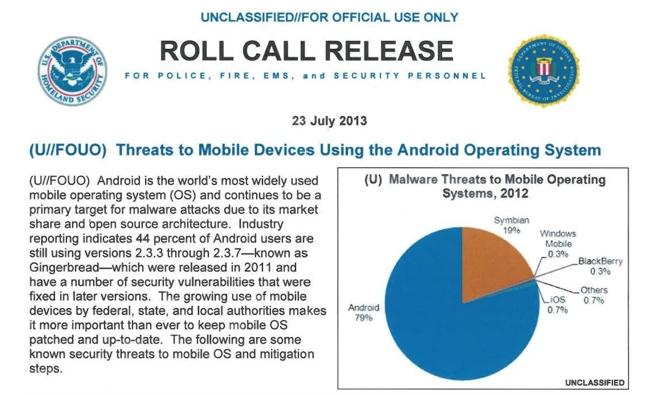
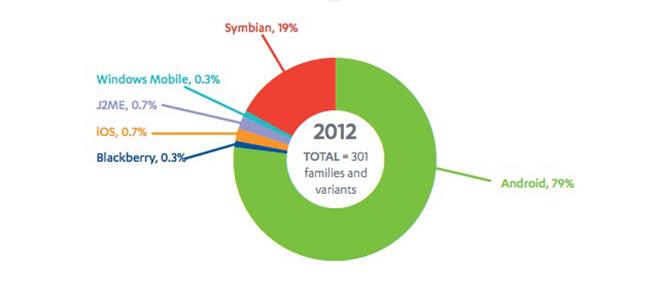

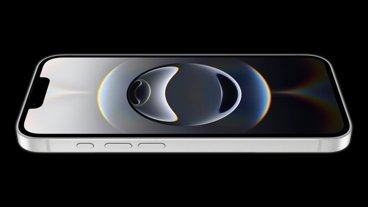

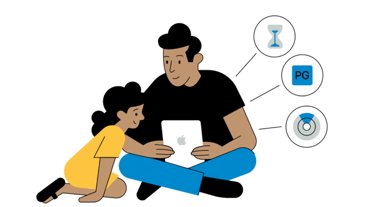
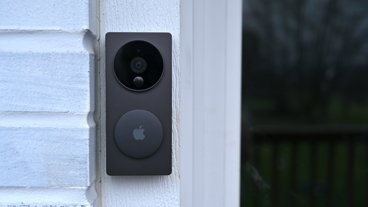


-m.jpg)






 Chip Loder
Chip Loder
 Wesley Hilliard
Wesley Hilliard
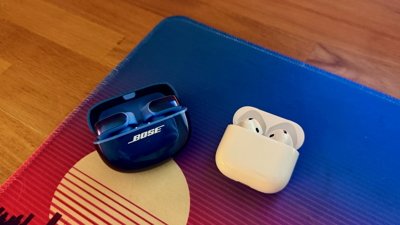
 Oliver Haslam
Oliver Haslam
 Marko Zivkovic
Marko Zivkovic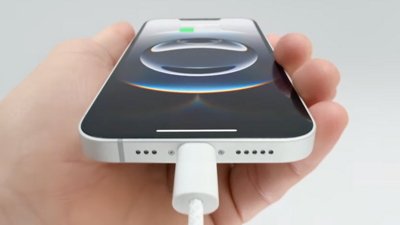
 William Gallagher
William Gallagher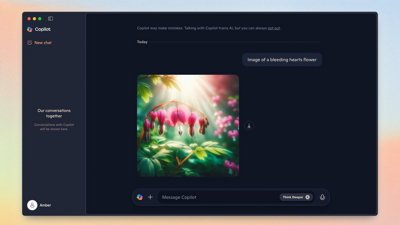
 Amber Neely
Amber Neely
 Sponsored Content
Sponsored Content

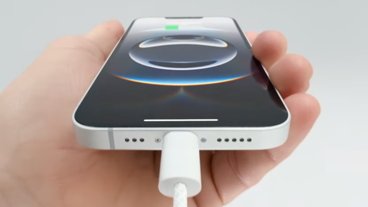
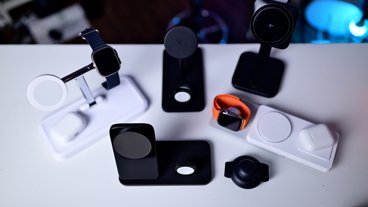
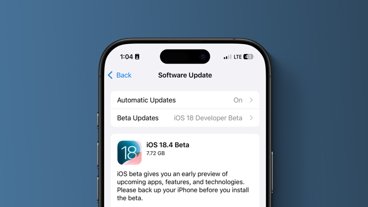
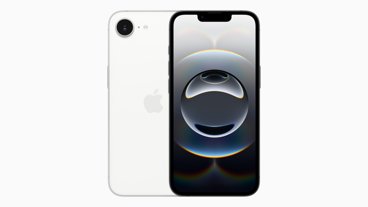

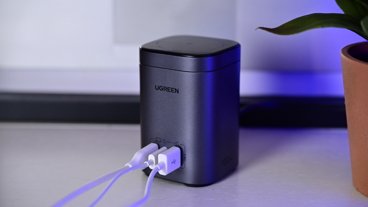


85 Comments
What malware threats are we talking about in that 0.7% slice that represents iOS?
lol. But Android users have a large screen!
What malware threats are we talking about in that 0.7% slice that represents iOS?
This is 2012... and there were a couple submissions to the iOS app store that were later deemed spyware/malware (Find and Call comes to mind).
So, if they are only counting 'attack code' and not 'total devices infected' .7% may be realistic.
[quote name="gctwnl" url="/t/159225/us-government-warns-of-androids-dominance-in-mobile-malware#post_2385903"]What malware threats are we talking about in that 0.7% slice that represents iOS?[/quote] I am wondering that myself. Does this refer to the 'power supply' or 'Jekyll' vulnerabilities that have seen attention recently?
As the whole purpose of Android is to make (hypothetical) buyer me the product, then in my book, Android itself is malware. The 79% figure is an underestimate.